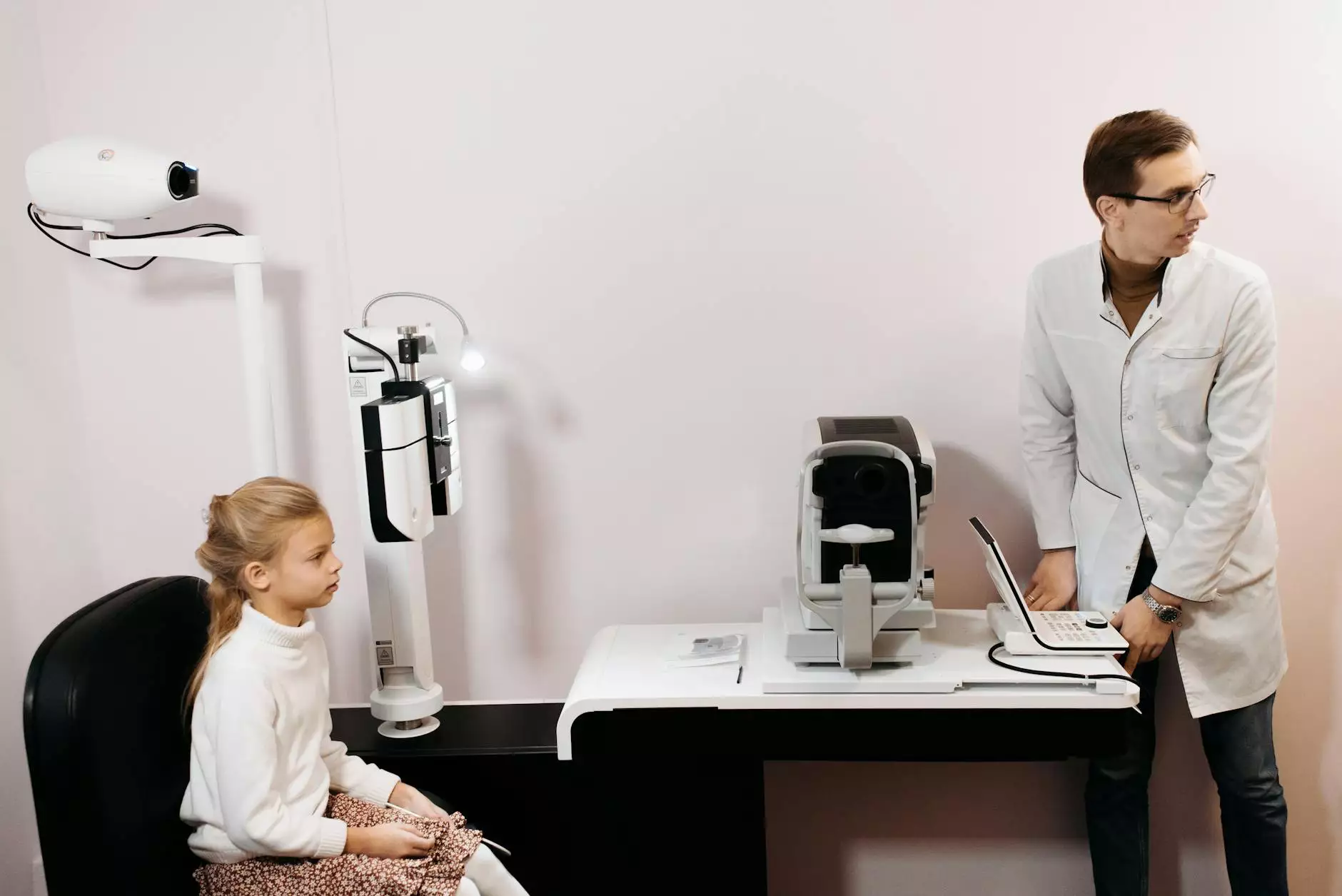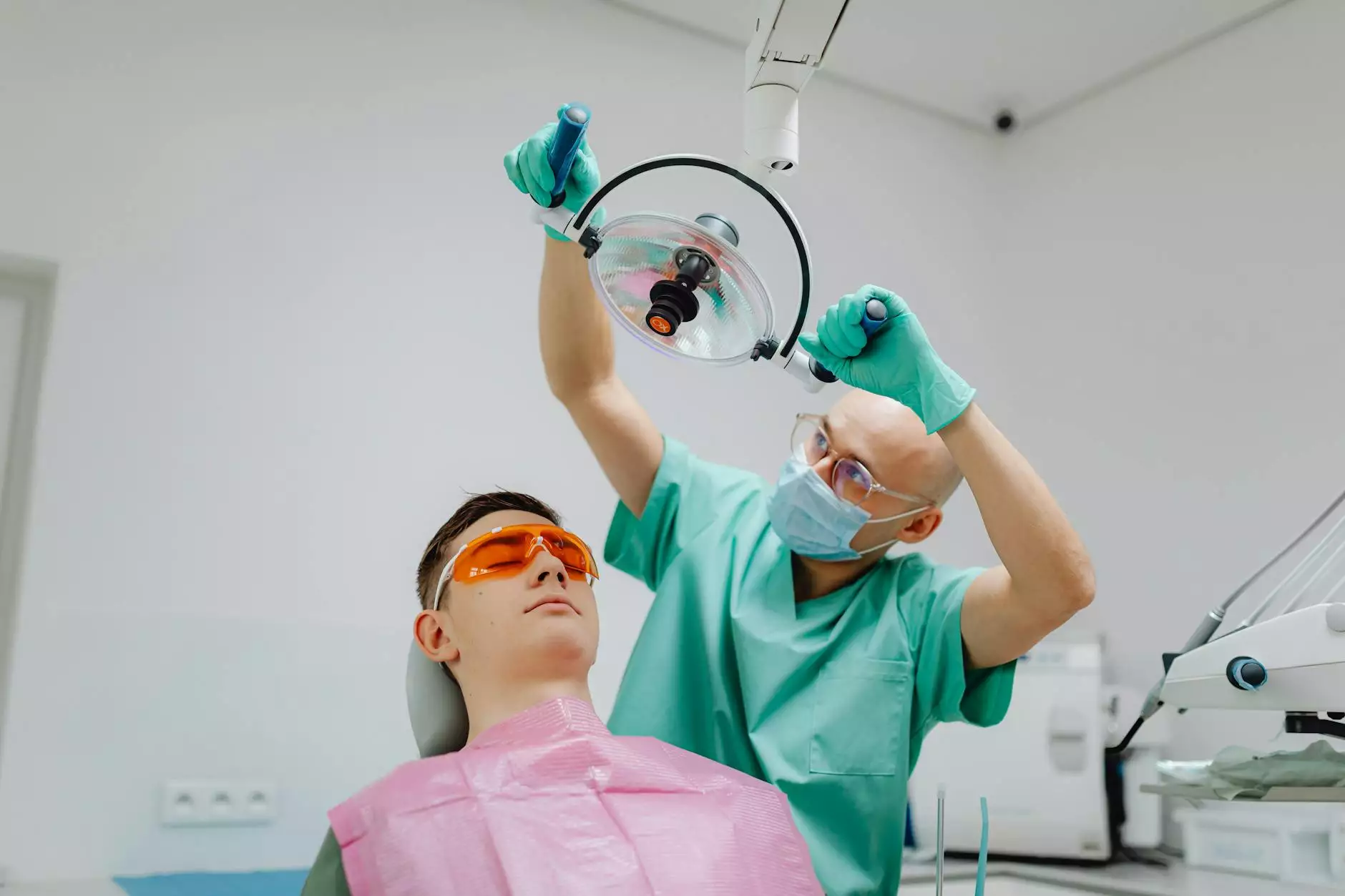Lung Cancer Screening: An Essential Guide to Early Detection

Lung cancer screening is a crucial aspect of modern healthcare, particularly for individuals who are at high risk of developing the disease. Understanding the ins and outs of screening can lead to early detection, improved treatment outcomes, and potentially saving lives. In this comprehensive guide, we will delve into the details of lung cancer screening, including who should get screened, the different screening methods available, and the significance of early detection.
Understanding Lung Cancer and Its Risk Factors
Lung cancer is one of the most prevalent and deadly cancers worldwide. It often develops without any noticeable symptoms, making early detection crucial. Key risk factors for lung cancer include:
- Smoking: The leading cause of lung cancer, responsible for approximately 85% of cases.
- Secondhand Smoke: Non-smokers exposed to secondhand smoke are also at increased risk.
- Occupational Exposure: Jobs that expose workers to asbestos, radon, or other carcinogens.
- Family History: A genetic predisposition can increase risk.
- Age: Individuals over the age of 55 are typically at higher risk.
The Importance of Lung Cancer Screening
The primary goal of lung cancer screening is to catch lung cancer in its earliest stages when it is most treatable. Early-stage lung cancer may not present any symptoms, which is why screening is so critical for individuals at high risk. According to the American Cancer Society, timely and proactive screening can reduce the risk of death from lung cancer by up to 20% in former smokers and 27% in current smokers.
Who Should Get Screened?
Determining who should undergo lung cancer screening involves assessing risk factors:
- Adults aged 50 to 80 years who have a history of heavy smoking (smoked a pack a day for 20 years or two packs for 10 years)
- Current smokers or those who have quit within the last 15 years
- Individuals with a family history of lung cancer or significant exposure to secondhand smoke
Screening Methods for Lung Cancer
The most effective method for lung cancer screening currently is the low-dose computed tomography (LDCT) scan.
Low-Dose Computed Tomography (LDCT)
LDCT utilizes a fraction of the radiation of conventional CT scans, making it safe and effective for detecting lung nodules. The process is quick, typically taking only about 15 minutes and is non-invasive.
LDCT scans can detect lung cancer earlier than traditional chest X-rays, allowing for timely intervention. Studies show that LDCT can reduce lung cancer mortality rates in high-risk individuals significantly compared to no screening at all.
Other Methods of Screening
While LDCT is the most widely recommended screening method, other approaches include:
- Chest X-rays: Less sensitive than LDCT and not recommended as a primary screening tool.
- Sputum Cytology: Involves analyzing mucus for cancer cells but is rarely used alone for screening.
The Screening Process: What to Expect
Understanding the screening process can calm concerns and prepare individuals for their appointment. Here's what to expect during a typical LDCT screening:
Before the Screening
• You might need to fill out a medical history form detailing your smoking history and any other relevant health information. • Discuss any current health issues or medications with your healthcare provider. • Avoid wearing jewelry or clothes with metal that can interfere with the imaging.
During the Screening
• You will lie down on an examination table that slides into the CT scanner. • Remain still and follow any breathing instructions given by the technician. • The scan typically lasts only a few minutes.
After the Screening
• Your healthcare provider will discuss the results with you. • If the scan reveals any lung nodules, further tests may be necessary to determine if they are malignant.
Benefits of Early Lung Cancer Screening
Engaging in regular lung cancer screening offers a multitude of benefits:
- Early Detection: Identifying lung cancer at an initial stage can improve treatment success and survival rates.
- Less Aggressive Treatment: Early-stage lung cancer often requires less invasive treatment options.
- Informed Decisions: Knowing your lung health empowers you to make better lifestyle choices.
- Peace of Mind: Regular screenings can alleviate anxiety related to the unknown health status.
Understanding Possible Screening Results
Upon receiving screening results, it’s essential to understand their implications:
Normal Results
If no abnormalities are detected, your healthcare provider may recommend follow-up screenings at regular intervals, usually annually, depending on risk factors.
Abnormal Results
If the screening indicates the presence of nodules or other issues, further evaluation, such as additional imaging, lung biopsies, or other diagnostic tests, will be necessary. Not all nodules are cancerous, but further investigation is crucial.
Overcoming Barriers to Screening
Despite the importance of lung cancer screening, various barriers may prevent individuals from getting screened:
Access to Healthcare
Many people may not have regular access to healthcare services, which can limit their ability to seek screenings. It is vital for healthcare systems to work on improving access and affordability of screenings.
Awareness and Education
Public awareness programs can help educate high-risk populations about the importance of lung cancer screening. Community outreach initiatives play a significant role in improving screening rates.
Lung Cancer Screening and Preventative Healthcare
Lung cancer screening should form part of a holistic approach to health and wellness. Routine check-ups, maintaining a healthy lifestyle, and being vigilant about changes in one’s health can all contribute to better outcomes. Engaging in preventative healthcare can lower the risk of not just lung cancer, but various health issues.
Conclusion
In summary, lung cancer screening remains a vital tool in the fight against one of the deadliest diseases today. By understanding the importance of early detection, the reading public can be empowered to seek appropriate screenings and advocate for their lung health. Regular screenings can lead to early diagnosis, effective treatment, and ultimately, improved life expectancy. At Hello Physio, we emphasize the significance of regular health check-ups for our patients, ensuring you have the right resources and information to make informed decisions about your health.
Call to Action
Are you at risk or know someone who is? Don’t wait for symptoms to appear—schedule your lung cancer screening today! Contact Hello Physio for more information on the screening process and how we can assist you in maintaining your lung health.









